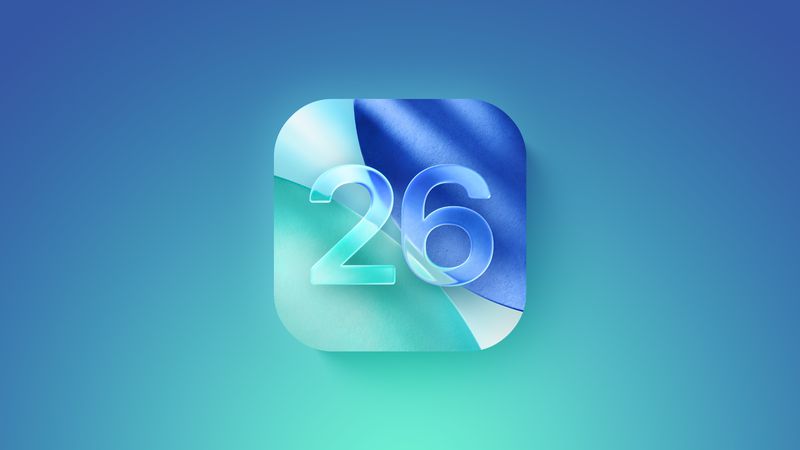When you’re an IT student working on your final year web system project, the choice of framework can make or break your experience. A good framework not only speeds up development but also reduces bugs, allowing you to focus more on features and problem-solving rather than fixing endless errors.
Here are some of the best beginner-friendly frameworks that balance ease of use, stability, and community support.
1. Laravel (PHP)
- Why it’s good for students:
Laravel is one of the most popular web frameworks for building complete systems. It has a clean syntax, built-in tools for authentication, database handling, and form validation. The framework follows MVC (Model–View–Controller), which helps students write organized code. - Less bugs factor: Laravel comes with many pre-tested packages, reducing the chance of writing buggy code from scratch.
- Best for: Booking systems, inventory management, school portals, e-commerce.
2. Django (Python)
- Why it’s good for students:
If you love Python, Django is a perfect choice. It’s often called the “framework for perfectionists with deadlines” because it lets you build web apps very fast with minimal setup. It includes authentication, admin panel, ORM (database handling), and security features by default. - Less bugs factor: Django enforces good coding practices and handles common security issues (like SQL injection or CSRF) automatically.
- Best for: Social platforms, research management systems, data-driven apps.
3. Flask (Python)
- Why it’s good for students:
Flask is a lightweight Python framework. It’s easier to start than Django because it gives you only the basics—you add extra features with plugins. This flexibility is great if your project is small but still needs clean structure. - Less bugs factor: Because it’s simple, there’s less code to break. You only use what you need.
- Best for: Small-scale systems, APIs, dashboards.
4. Express.js (JavaScript, Node.js)
- Why it’s good for students:
Express is a fast, unopinionated web framework for Node.js. If you already know JavaScript, you can build both frontend and backend using the same language. Express is widely used in industry, so learning it adds value to your resume. - Less bugs factor: Minimal, flexible, and backed by a massive community—if you face bugs, solutions are easily found online.
- Best for: Real-time apps (chat, IoT dashboards), APIs, web + mobile integration.
5. Ruby on Rails (Ruby)
- Why it’s good for students:
Rails is famous for its “convention over configuration” approach, which means it makes a lot of decisions for you. This lets students focus on building features instead of configuring files. - Less bugs factor: Rails includes tested libraries for almost every common feature (auth, forms, file uploads).
- Best for: Marketplace apps, content management systems, community platforms.
Quick Comparison
| Framework | Language | Learning Curve | Bug Resistance | Best For |
|---|---|---|---|---|
| Laravel | PHP | Easy–Medium | High | Portals, booking, inventory |
| Django | Python | Medium | Very High | Data-heavy apps, secure systems |
| Flask | Python | Easy | High (simple) | Small projects, APIs |
| Express.js | JavaScript | Easy | High | Real-time apps, APIs |
| Ruby on Rails | Ruby | Medium | High | Web apps, marketplaces |
Final Recommendation
- If you want something structured and stable: Choose Django or Laravel.
- If you want something lightweight and fast to set up: Go for Flask or Express.js.
- If you want to stand out with creativity: Try Ruby on Rails.
👉 For most IT students, Laravel and Django are the best balance of easy to learn, fewer bugs, and fast project completion.






